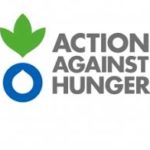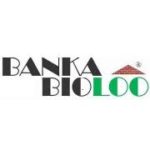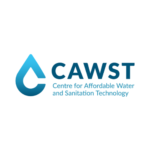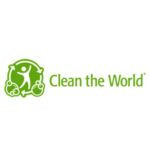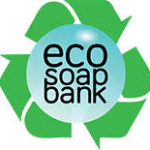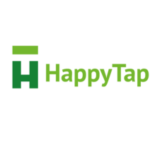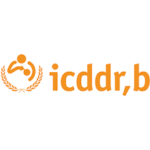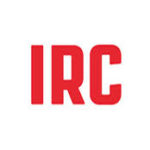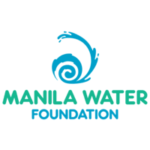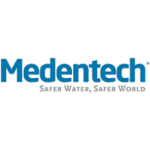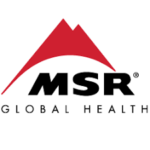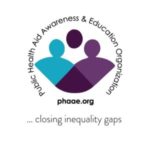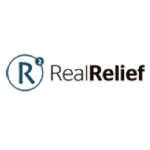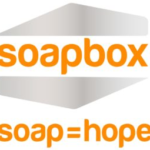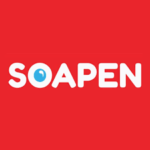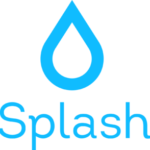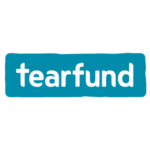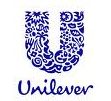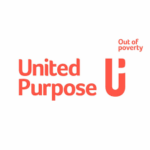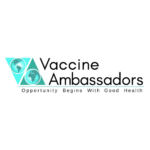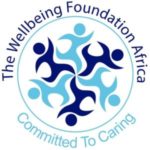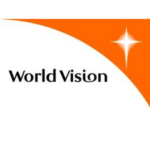Who We Are
The Global Handwashing Partnership is a coalition of international stakeholders who work explicitly to promote handwashing with soap and recognize hygiene as a pillar of international development and public health.
Our partnership brings together organizations from multiple sectors, including:
- Private sector entities that bring state-of-the-art marketing knowledge and techniques to the table, and support handwashing programs at national levels;
- Academic institutions that contribute the latest behavior change theory and scientific evidence of the effectiveness of handwashing;
- Multilateral and governmental agencies that lead global policy and support implementation of handwashing programs; and
- Non-governmental and community-based organizations that promote and integrate handwashing programs.
Are you interested in joining us? Learn more here.
The Steering Committee
Steering Committee members provide regular input to steer the direction and deliverables of the Global Handwashing Partnership. Steering Committee members actively work in handwashing, partnering across sectors to increase handwashing and engaging in handwashing promotion activities around Global Handwashing Day. All Steering Committee members contribute substantial resources to the GHP.
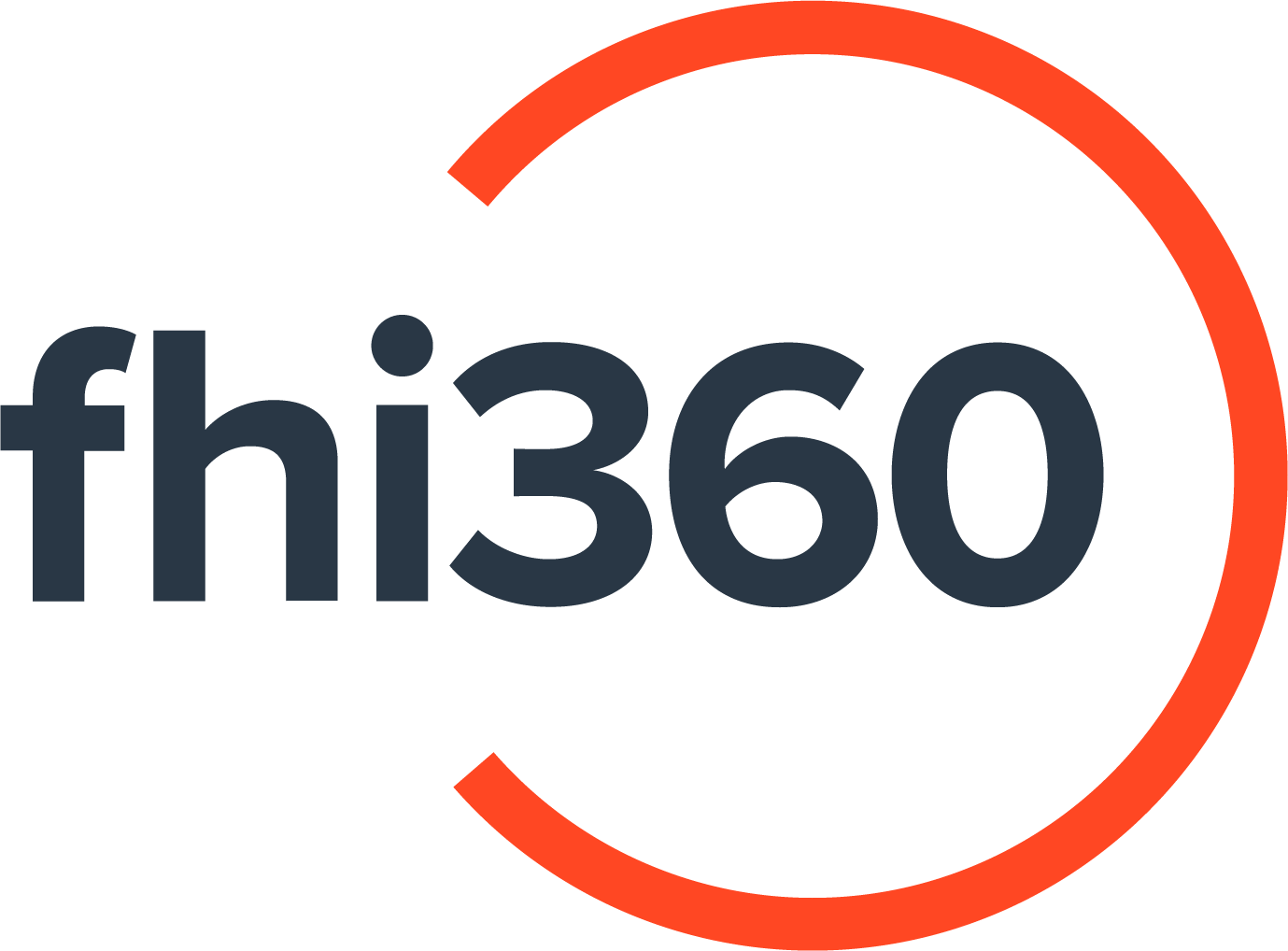 | FHI 360 FHI 360 is a nonprofit human development organization dedicated to improving lives in lasting ways by advancing integrated, locally driven solutions. Staff include experts in health, education, nutrition, environment, economic development, civil society, gender, youth, research and technology—creating a unique mix of capabilities to address today's interrelated development challenges. FHI 360 serves more than 70 countries and all U.S. states and territories. FHI 360 currently houses the Secretariat of the GHP, and its predecessor organization was a founder of the GHP. |
|
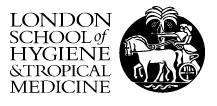 | The London School of Hygiene and Tropical Medicine Since its founding in 1899, the London School of Hygiene and Tropical Medicine (LSHTM) has been a leader in education and research in the global health field. Their mission is to improve health worldwide by translating technical knowledge into real world solutions. LSHTM was a founding member of the GHP. For more than two decades the Environmental Health Group at the School have been developing infrastructural and behaviour change solutions to encourage handwashing all around the world. Researchers within the team have led many of the handwashing-world’s pioneering research initiatives which continue to influence the sector. Key ways that LSHTM support the GHP are through technical expertise and literature reviews. |
|
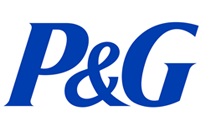 | Procter and Gamble P&G believe that before they can serve the world's remaining consumers profitably, they can reach them altruistically through social responsibility programs, improving their lives in ways that enable them to thrive, to increase their quality of living and, over time, to join the population of consumers they serve with P&G brands. P&G, through its brand Safeguard, and its design agency Landor Associates, created the Global Handwashing Day mascot ‘Better Together’ featuring Soap, Hand and Water, a design which went on to win a 2009 Bronze Lion at the Cannes Lions International Advertising Festival. |
|
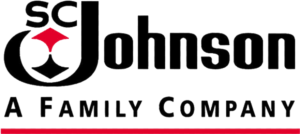 | SC Johnson Through its various brands, S.C. Johnson & Sons, Inc. and its subsidiaries provide handwashing, sanitizing and skin care products. SC Johnson Professional is a leading international provider of handwashing and hand hygiene solutions in institutional, food, and healthcare organizations and serves as a champion for infection and prevention control in health care settings. |
|
 | UNICEF UNICEF is the United Nations Children’s Fund. UNICEF's work is carried out in 191 countries through country programs and National Committees. Their programs help to promote handwashing and hygiene behavioral change by: advocating for increased funding for hygiene activities and the inclusion of hygiene in sectoral policies and strategies; supporting national & sub-national handwashing campaigns; including strong hygiene components within its own WASH programs in the field; ensuring that handwashing and hygiene are components of emergency response programs; developing strategies and tools to encourage handwashing promotion by community health & outreach workers; encouraging hygiene promotion in schools and the empowerment of children as agents of change within their families and communities. |
|
 | USAID USAID is the lead U.S. government agency that works to end extreme global poverty and enable resilient, democratic societies to realize their potential. As a founding partner of the GHP in 2001, USAID is a key stakeholder in the partnership. Through funding, advocating for hygiene, and providing technical expertise through USAID's Bureau for Global Health, the Agency has leveraged its relationship with the GHP and partners to make significant progress on improving hygiene in communities around the world. |
|
| World Bank As the world’s largest multilateral source of financing for water in developing countries, the World Bank is working closely |
Global Handwashing Partnership Strategic Partners
Strategic Partners provide significant resources to support the work of the GHP. Strategic Partners support the promotion and practice of handwashing with soap to prevent infections and save lives as an international development priority. They engage in handwashing promotion activities, including around Global Handwashing Day.
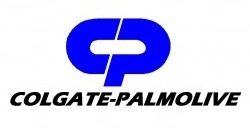 | Colgate-Palmolive Colgate-Palmolive was a founding member of the GHP. A cleaner, healthy environment is important to Colgate not only because it's the right thing to do, but also because it makes good business sense. Colgate’s 2011 to 2015 sustainability strategy maintains its emphasis on People, Performance and Planet, with focused, measurable goals that align with the Company’s business objectives. As part of that commitment, Colgate aims to provide handwashing awareness to over 50 million households. |
|
 | Essity Essity is committed to the long-term goal of improving hygiene standards around the world through dialogue and programs that lead to behavior change. Millions of people use Essity products daily, and as one of the largest hygiene and health companies in the world, they recognize their responsibility to raise awareness of the undeniable link between hygiene and overall health and well-being. Raising awareness about critical hygiene issues, such as the importance of hand sanitation and handwashing in limiting the spread of infections and disease, is a vital step to addressing these challenges and improving hygiene standards around the world. No one, no matter who they are or where they live, should have to suffer physically or mentally due to insufficient hygiene. |
Global Handwashing Partnership Members
Members support the implementation of the Global Handwashing Partnership’s strategic plan through identifying activities to support, participating in relevant GHP working groups, and reporting on activities. Members provide resources to support the work of the GHP.
 | Kohler Since 1873, Kohler Co. has been improving the level of gracious living by providing exceptional products and services. The company believes better business and a better world goes hand-in-hand. Fueled by the passion of its workforce, it strives to enhance quality of life for current and future generations through design, craftsmanship and innovation. Through its Innovation for Good incubator, the company actively works to solve water, sanitation and hygiene needs around the world. |
|
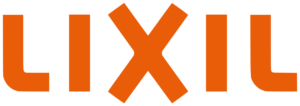 | Lixil LIXIL is a maker of pioneering water and housing products that make better homes a reality for everyone, everywhere. A better home is made up of surprisingly simple things – showers and faucets to experience water in new ways; kitchens that unleash creativity; toilets that provide cleanliness and comfort; doors and windows that connect you with the world outside; interiors and exteriors that bring spaces to life; baths to escape in after a long day. LIXIL draws on its Japanese heritage to create world-leading technologies, and innovates high-quality products that transforms homes. SATO, part of LIXIL, is an award-winning social business, that has positively impacted the lives of more than 35 million people across 44 countries. Serving the unique needs of communities that lack access to toilets and handwashing facilities with its simple, innovative, and affordable solutions, SATO is the key driver of LIXIL’s commitment to Global Sanitation and Hygiene: to improve the livelihoods of 100 million people by 2025. |
|
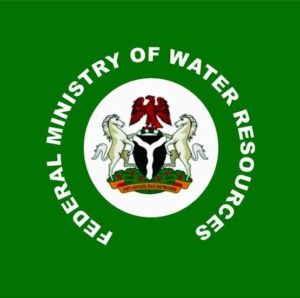 | Nigeria Federal Ministry of Water Resources The Federal Ministry of Water Resources is the focal Ministry for Water, Sanitation and Hygiene (WASH) sector in Nigeria. The Ministry is charged, among other responsibilities, with improving access to WASH services in the country towards the achievement of the national and global goals on WASH. |
|
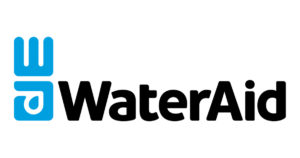 | WaterAid WaterAid transforms lives by improving access to clean water, hygiene and sanitation in the world's poorest communities. The organization works with local partners and influences decision-makers on critical WASH policies. WaterAid has decades of history in promoting hygiene behavior change programs in 28 countries across Asia, Africa and Latin America. As one of the specialized organizations in the WASH sector, their programs focus on hygiene behavior change, including handwashing with soap to address sectoral barriers, innovate behavior change programming, and help improve the overall health of people. |
Global Handwashing Partnership Affiliates
A wide range of organizations partner with us to achieve different aspects of our mission of universal handwashing promotion and practice.
Are you interested in learning more about GHP affiliation? Contact us for more information.
The Secretariat
The Secretariat is housed at FHI 360 in Washington, D.C. The Secretariat facilitates delivery of the GHP strategy including developing materials, sharing lessons and resources, and connecting organizations across our diverse network.
Ron Clemmer serves as the WASH Division Director for FHI 360 and oversees the secretariat of the Global Handwashing Partnership. He is a professional engineer with focus on WASH programming integrated with other development goals such as nutrition, education, and neglected tropical diseases.
Aarin Palomares, MPH, manages the partnership’s program efforts and thought leadership. Aarin has a background in global health, particularly in the areas of health policy, community development, and implementation research.
